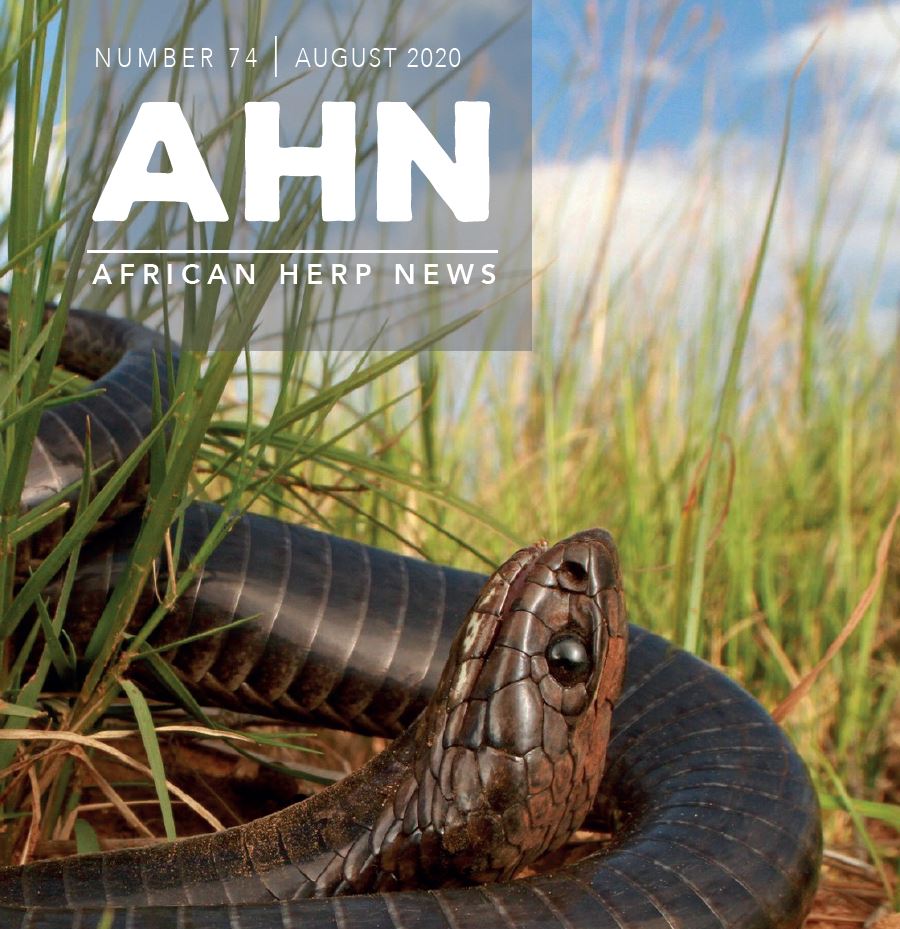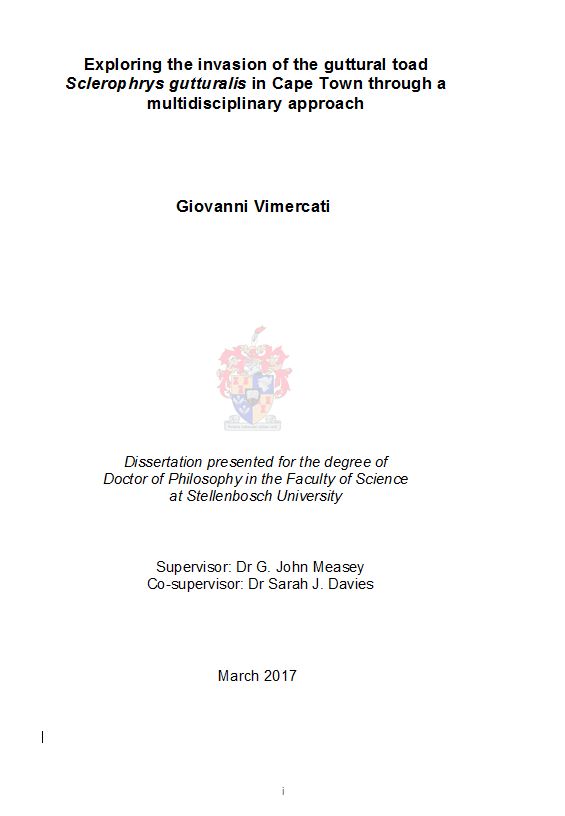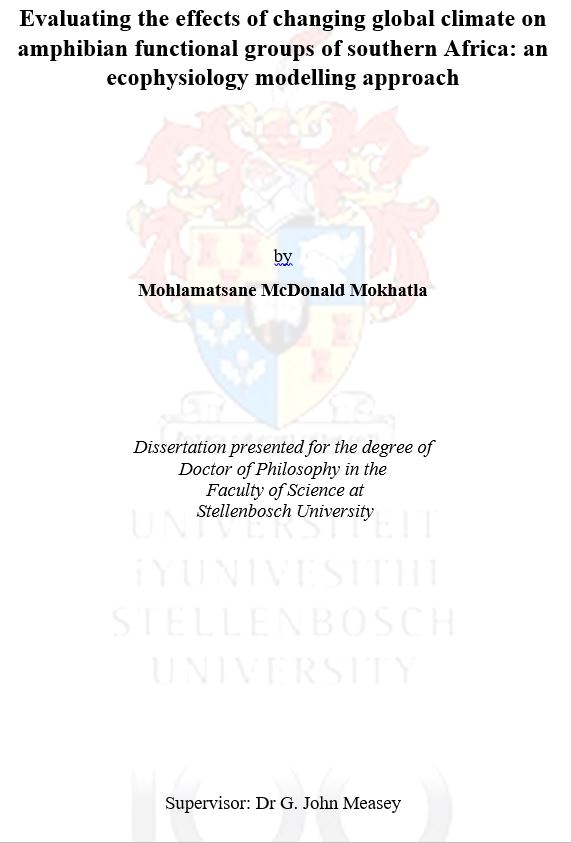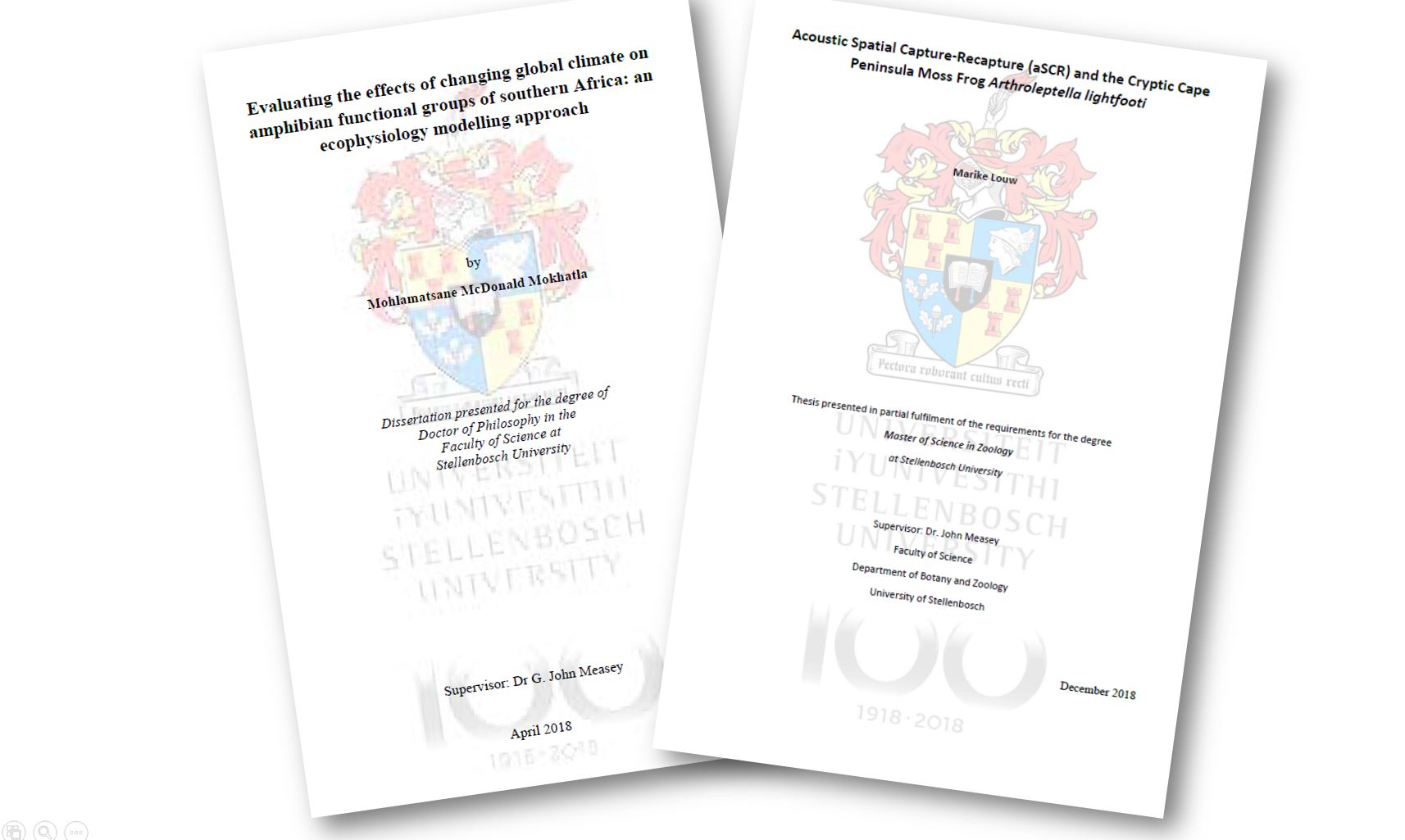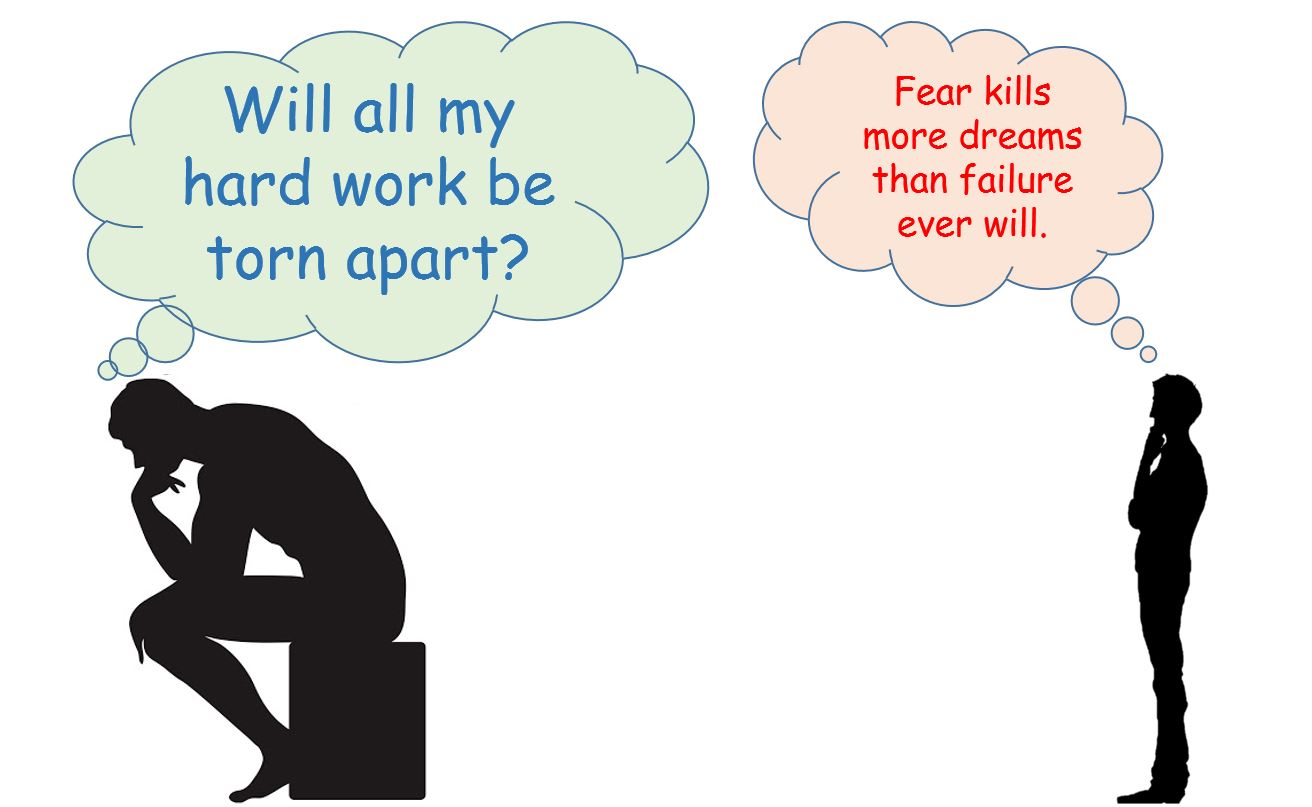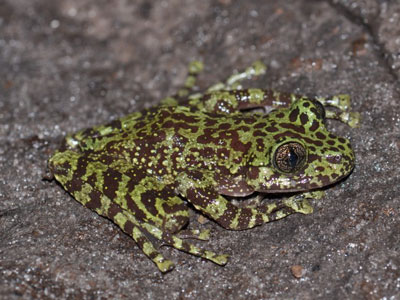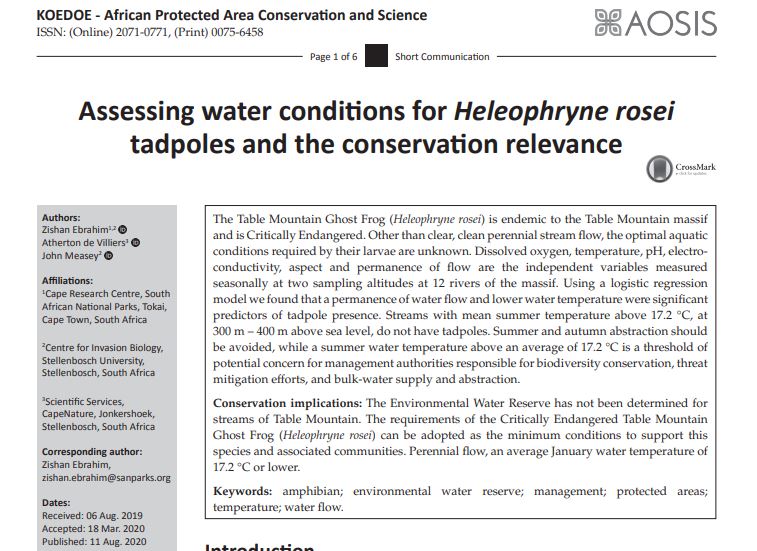Make everyone welcome in our HAA
When you read the new HAA Code of Conduct last year, did you think that it was addressing an active problem in our society? Did you feel that it meant you’d have to change your behaviour at HAA (or other) meetings? When I made comments on the draft code after it was circulated in April 2019, I knew that it was well intentioned, but I wasn’t sure that it was needed. As a result of talking about these issues with colleagues, and becoming more aware of how a mainstream culture has suppressed a huge diversity of people in many sectors of science, technology, engineering and mathematics (STEM disciplines), I now see that the Code of Conduct is needed for the HAA, and more broadly to make our working environment more professional. Moreover, many of us need to reflect on our own past behaviours to make the HAA a more welcoming place to a greater diversity of people. In this piece, I aim to place some of these issues into the context of how the HAA Code of Conduct is applicable to each one of us. The mainstream culture that permeates STEM disciplines affects behaviours still seen in our meetings, interactions through peer review and our collaborative circles.
As I talked to more colleagues I became aware that at our own African herpetological meetings, comments are made that make people feel uncomfortable and unwelcome. When I first heard these points being raised, I did so with the feeling that they surely couldn’t have come from the same HAA meetings that I attended. Could it really be that inthe same herp communityothers were experiencing comments that they thought were snide,unwelcoming, or ignorantasides?For example, having an encyclopaedic knowledge of African herpetofauna, as some of our members do, should never be used as a barrier to exclude others from conversations or discussions. Instead, that knowledge should be used to encourage others to join our HAA community. Comments on how someone’s appearance isn’t appropriate for African herping might not make you feel unhappy, or be the one thing that you remember at the end of the day’s meeting, but they do to other people. That funny picture that you included in your presentation of a bunch of scantily clad people in the field: did it make everyone laugh? Or did you just alienate half of your audience?
Our new code-of-conduct, ratified by the HAA membership, is very clear in this regard. The following section is taken from the section on “Courtesy and respect” (HAA 2019:19)
“The HAA characterises unwelcome behaviours as those which are offensive, intimidating, malicious or insulting, an abuse or misuse of power through means intended to undermine, humiliate, denigrate or injure the recipient, or sexual advances and other actions that cause embarrassment, fear, humiliation or distress.”
This isn’t an attempt to take all the fun or laughs out of our meetings, but more thought, care and reflection is needed on how we conduct ourselves, as it does affect how other people feel (no matter what was intended). Instead, we need a culture that welcomes and unites in our strengths, interests, and generates enthusiasm for African reptiles and amphibians. Knowing that there are these problems at our meetings is important, because once we acknowledge the presence of a problem, we can start to tackle the issues involved. Societies all over the world are losing members, and this is also true of our own HAA membership. If we want to retain as many people as possible, then we need to make every single person feel welcome within our organisation.
The problem is clearly widespread, and permeates a number of aspects of academia.On December 12th 2019, a study published inPeerJunveiled an inconvenient truth about peer review. Silbiger & Stubler (2019) obtained responses from >1000 scientists in STEM disciplines about their experience with unprofessional peer reviews, showing that 58% had received such responses. Their questionnaire went on to ask what impact scientists felt that such reviews had had on their aptitude, productivity and career advancement. The results were fascinating, and they throw some important light on a real problem that we have in our own area of science. Essentially, people with demographics over-represented in STEM disciplines had little or no problem with the comments, but under-represented groups perceived them as being negative. Knowing that there are these problems in peer review is important, because once we acknowledge the presence of a problem, we can start to tackle the issues involved.
So, why do scientists make disparaging or unprofessional remarks to their colleagues in peer review? Whenever two or three scientists get together, you hear tales of recent woes associated with peer review. The retelling of such stories is all part of the collective, cathartic unburdening of what can be a traumatic experience especially when we put so much effort into each piece of work (see Hyland & Jiang 2020). Reading through a lot of these reviewers’ comments, I can see that there is an attempt at humour (seehttps://shitmyreviewerssay.tumblr.com/). This humour is not appreciated by those who receive the reviews. Perhaps I understand the humour, because I also come from that same culture that dominates STEM, but that is not understood or even recognised as humour by others. Writing humorous reviews is unprofessional, especially if it is used to accentuate negative aspects. Needless to say, we could all do without unprofessional reviews. But this problem with peer review is illustrative of the problems at our meetings; we need to be more inclusive.
Last year, I was privileged to attend a presentation in which Karen Warkentin (2019) talked about the amazingly diverse world of herpetology, and how diversity enriches not just what we study, but increases the perspectives and insights of what we choose to study and how we study it. I was personally inspired by her call to collaborate diversely to produce diversity within our own research. It was one of those presentations that made me reflect, recognise times when I might have been not-inclusive and decide to change, and also to encourage others to make a change toward inclusivity. We all need to think more about welcoming everyone into the wonderful world of herpetology. We need as many members as we can find.
At the heart of our actions should be the science that we do, and sharing the knowledge base that is so rich in our association. I have benefitted massively from local knowledge, and from HAA members that had already spent a lifetime working with this diverse but polyphyletic group. I feel very privileged to be employed to work on these animals, and I receive monthly reminders in the form of pay-checks that underline exactly how fortunate I am. Being employed comes with the responsibility to act as a professional first, at the cost of sharing a joke at a meeting or an attempt at humour in peer review. The upside is that there is more to be gained from being inclusive, and profiting from the diversity of herpetologists as there is in being engaged in the amazing diversity of African herpetology.
In the HAA, we cannot afford for those under-represented in STEM subjects, especially our junior members, to be repelled and estranged at our meetings, excluded from collaborations or alienated by peer review. Humour can do this, because what you find funny might well be offensive or misunderstood by someone else. We want to retain our image as a friendly and welcoming association, but not at the cost of the diversity of African herpetologists, or through leaving behind our professionality. And before you dismiss this article and feel that it must apply to someone else, please reflect and think again.
References:
HAA 2019. HAA Code of Ethics and Conduct. African Herp News. 71: 18-20.
Hyland, K. and Jiang, F.K., 2020. “This work is antithetical to the spirit of research”: An anatomy of harsh peer reviews. Journal of English for Academic Purposes, 46.
Silbiger, N.J. and Stubler, A.D., 2019. Unprofessional peer reviews disproportionately harm underrepresented groups in STEM. PeerJ, 7, p.e8247.
Warkentin, K. 2019 Queering Herpetology: On human perspectives and the study of diverse animals – Plenary for the Brazilian Congress of Herpetology, Campinas, SP, Brazil, July 2019:https://youtu.be/i1rMxE9H6Qg
Post Script
Since writing this piece in April 2020, a number of global and regional events have highlighted the need for awareness of the inequalities still present in herpetological communities. While at the HAA we may not need to change the name of our journal, the Board of Governors of ASIHvoted to change the name of their society journal fromCopeiatoIchthyology & Herpetology. We should still use this time individually and collectively to reflect on how the inequalities of the past can be corrected to improve our association today.
